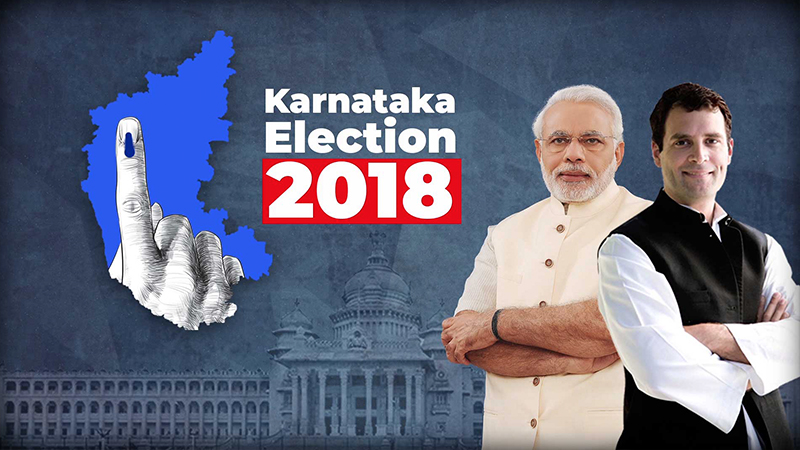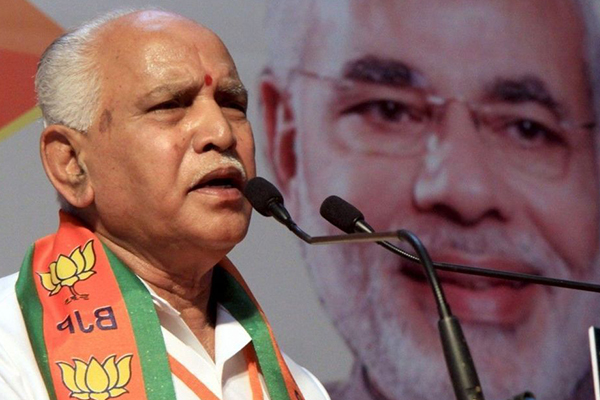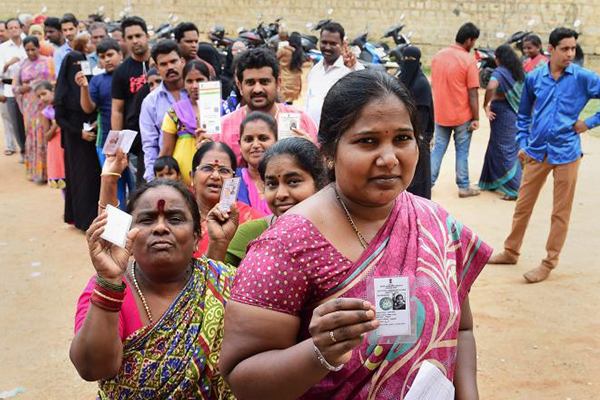
The Karnataka assembly election is one of the key political contests. It is important for INC to win Karnataka as it is one of the largest states where it is still in power. BJP and Congress will be in a tussle to win majority seats in 224 constituencies in Karnataka and will be looking to secure above 113 seats to win by a majority and form a government in the state. BJP wants to win the state as Karnataka is perceived as the gateway to south India. It is also important for JDS as the performance in this election will decide its future in regional and national politics.
While BJP has a base in urban areas, the rural factions are tilted towards Congress. According to Election Commission data, there are around 70 urban and 154 rural assembly constituencies in Karnataka. Rural and Urban divide might affect the results more. Now if we look in the caste game the result is tilted more to the Congress, which counts the minorities, Dalits and other backward castes among its voters. The Congress’s Lingayat move has significantly bowled the BJP. Lingayat is one of the major communities in Karnataka with 17% vote base. Congress’s move of granting minority status to the Lingayat community has caused a deep divide in the Lingayat voters.

Clearly, Congress has been in the front foot with the backing of backward class and Muslims making up to 40% of the total population. Thus it puts BJP in a disadvantaged position affecting its vote bank. Also, some of Siddaramaiah’s government schemes are well received by people like the programme Anna Bhagya which was announced immediately after the formation of Government. Also, the implementation of Ksheera Bhagya Scheme has benefitted over 1 Crore children. We just need to wait and watch how much those votes come into congress’s kitty. BJP is apparently digging its own grave by indulging in Hindutva politics and the communal polarisation factor may not be a game-changer in Karnataka for the BJP.
Taking a look back at the history, the JDS which claims to be a secular party formed a coalition government with BJP which is ideologically opposite. This was a political blunder. And adding to this the JDS withdrew support after the first half of the coalition rule. This ensured BJP to garner sympathy votes and win the election in 2008. But the corruption charges against the Yeddyurappa government ensured that they lost miserably in 2013 elections. Now in 2018, Yeddyurappa is back to BJP. But the internal fights are still going on between the two lobbies: the Yeddyurappa lobby and the Eshwarappa lobby. This might turn out to be one of the reasons for BJP’s defeat.

Next comes the track record of BJP’s CM face for 2018; BS Yeddyurappa. He was tangled with corruption cases last time when BJP was in power. He is still finding it difficult to shed his corruption tag, despite being cleared by the courts. This is something Congress has the advantage over. Karnataka was one of the few States where Congress did well in the 2014 Lok Sabha election despite the Modi Wave. It will be fair to say that Modi Wave didn’t hit Karnataka as much as it did in other parts of India.
The overall effort made by the INC and JDS are not in the direction which can challenge the BJP dominance. It is not that efforts made by BJP are commendable but they are better than the INC and JDS. It will be interesting to see whether it is a classic case where Congress wins but BJP will form the government. It will be not wrong to say that, INC once again is offering BJP a state on the silver plate.





